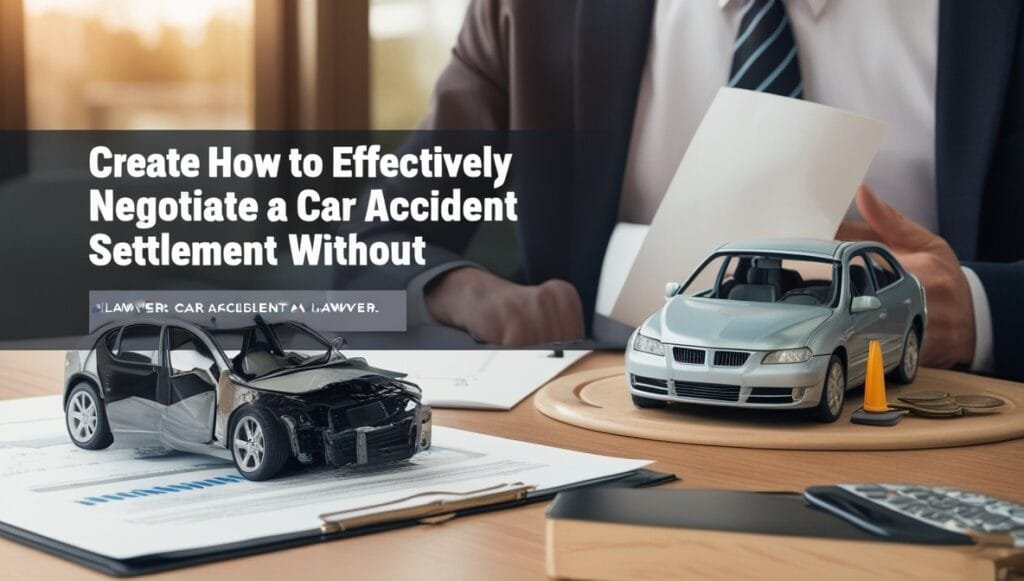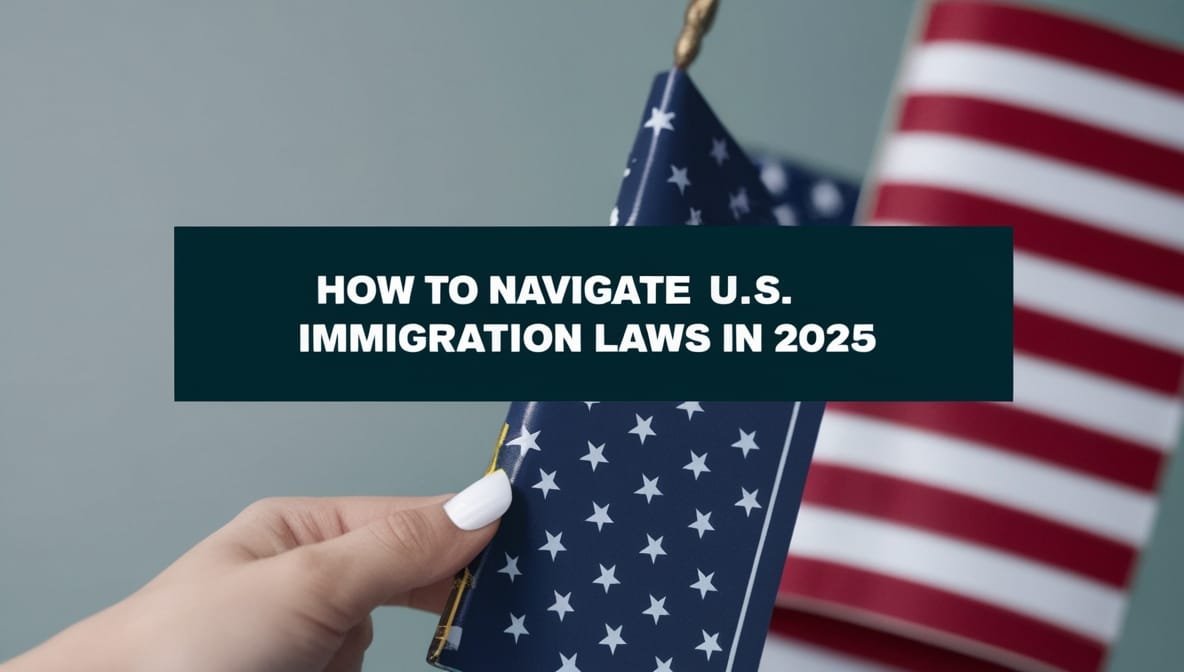How to Negotiate a Car Accident Settlement Without a Lawyer: Being involved in a car accident can be a stressful and overwhelming experience. While hiring a lawyer is often recommended, especially for complex cases or severe injuries, some individuals may choose to negotiate their car accident settlement without legal representation. This comprehensive guide will walk you through the process of handling your own claim, providing valuable insights and strategies to help you secure fair compensation.Assessing Your Situation: When to Consider Self-RepresentationBefore diving into the negotiation process, it’s crucial to determine if handling your claim without a lawyer is appropriate for your situation. Self-representation may be suitable in cases involving:
- Minor injuries with clear recovery timelines
- Straightforward liability (clear fault of the other party)
- Limited property damage
- Minimal lost wages or other economic damages
However, if you’ve suffered severe injuries, face disputed liability, or have significant damages, consulting with a personal injury attorney is strongly recommended.Gathering Essential EvidenceThe foundation of a strong car accident claim lies in the evidence you collect. To build a compelling case, gather the following:
- Police report: Obtain a copy of the official accident report filed by responding officers.
- Photographs: Take pictures of the accident scene, vehicle damage, and any visible injuries.
- Witness statements: Collect contact information and statements from any witnesses present.
- Medical records: Keep detailed records of all medical treatments, including bills and doctor’s notes.
- Lost wage documentation: If you missed work due to injuries, gather proof of lost income.
- Repair estimates: Obtain written estimates for vehicle repairs from reputable auto shops.
Documenting Your DamagesTo accurately value your claim, create a comprehensive list of all damages incurred:
- Medical expenses: Include all costs related to your injury treatment and rehabilitation.
- Property damage: Document the cost of repairing or replacing your vehicle and any other damaged property.
- Lost wages: Calculate income lost due to time off work for recovery or medical appointments.
- Pain and suffering: While more challenging to quantify, consider the physical and emotional impact of the accident.
- Out-of-pocket expenses: Include any additional costs directly related to the accident or your recovery.

Determining the Value of Your ClaimAccurately valuing your claim is crucial for successful negotiations. Consider the following factors:
- Total economic damages: Add up all quantifiable costs, such as medical bills and lost wages.
- Non-economic damages: Estimate the value of pain and suffering, typically calculated as a multiple of your economic damages.
- Comparative negligence: Be aware that your compensation may be reduced if you share fault for the accident.
- Insurance policy limits: Research the at-fault party’s insurance coverage to understand potential settlement constraints.
Crafting a Compelling Demand LetterOnce you’ve gathered evidence and valued your claim, draft a detailed demand letter to the insurance company. Include:
- A clear account of the accident and how it occurred
- Description of your injuries and their impact on your life
- Itemized list of all damages and expenses
- Supporting documentation (medical records, bills, repair estimates)
- A specific settlement amount you’re seeking
Negotiation Strategies and TipsWhen negotiating with insurance adjusters, keep these strategies in mind:
- Start high: Begin negotiations with a figure higher than your bottom line to leave room for compromise.
- Be patient: Don’t accept the first offer, as it’s often lower than what the insurer is willing to pay.
- Use evidence to support your claims: Reference specific documents and facts to strengthen your position.
- Stay calm and professional: Emotional arguments are less effective than logical, fact-based discussions.
- Know your bottom line: Determine the minimum settlement you’re willing to accept before negotiations begin.
- Be prepared to counter: Respond to lowball offers with specific reasons why they’re inadequate.
- Consider future expenses: Factor in potential long-term costs related to your injuries.
Handling Common Insurance Adjuster TacticsInsurance adjusters employ various strategies to minimize settlements. Be prepared for:
- Delay tactics: Adjusters may drag out the process, hoping you’ll accept a lower offer out of frustration.
- Disputing liability: They may argue that you share fault for the accident to reduce your compensation.
- Downplaying injuries: Adjusters often question the severity or cause of your injuries.
- Pressuring for quick settlements: Be wary of push for rapid resolution before you fully understand your damages.
To counter these tactics:
- Maintain detailed records of all communications
- Set deadlines for responses and follow up consistently
- Provide thorough documentation to support your claims
- Seek medical opinions to validate your injuries if questioned
Finalizing Your SettlementOnce you’ve reached an agreeable settlement amount:
- Get the offer in writing: Ensure all terms are clearly stated in a formal settlement agreement.
- Review carefully: Check for any clauses that may limit your rights or future claims.
- Consider future expenses: Ensure the settlement covers potential long-term costs related to your injuries.
- Understand the release: Be aware that accepting the settlement typically means releasing the at-fault party from further liability.

When to Seek Legal HelpWhile negotiating without a lawyer can save on legal fees, there are situations where professional help is crucial:
- Negotiations reach an impasse
- The insurance company acts in bad faith
- You discover your injuries are more severe than initially thought
- The settlement offer is significantly lower than your calculated damages
- You’re approaching the statute of limitations for filing a lawsuit
Conclusion: How to Negotiate a Car Accident Settlement Without a Lawyer
Remember, most personal injury attorneys offer free consultations and work on a contingency basis, meaning they only get paid if you win your case. Conclusion Negotiating a car accident settlement without a lawyer requires diligence, patience, and a thorough understanding of the claims process. By gathering comprehensive evidence, accurately valuing your claim, and employing effective negotiation strategies, you can increase your chances of securing fair compensation. However, always be prepared to seek legal assistance if the process becomes too complex or if you’re not confident in achieving a satisfactory outcome on your own. Your primary focus should be on your recovery and ensuring you receive the compensation you deserve for your injuries and losses.
Official Website For Know More – Click Here
Also Read : Should You Get a Lawyer for a Car Accident?






